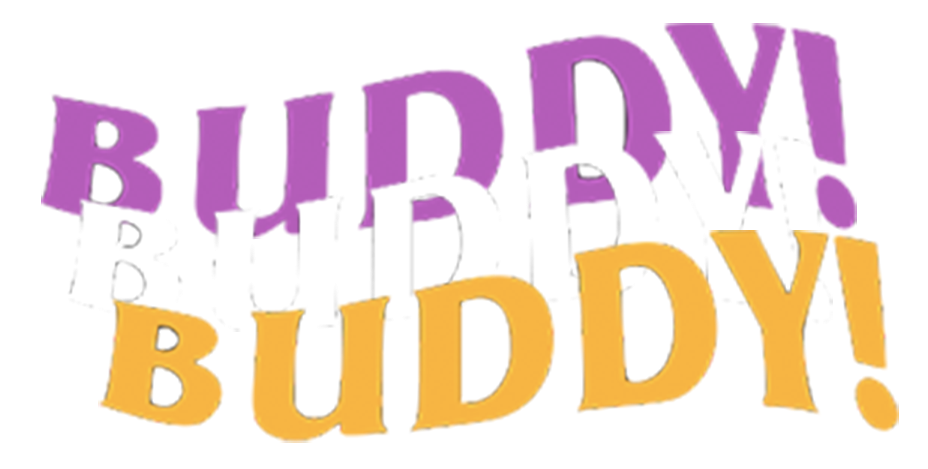The joy of sulking in sadness
Katherine Lin (11)
Being a sad music enthusiast myself, I feel the need to find out a little bit more about the allure of sad music. Music is everyone’s best friend, especially sad music. When school gets hard or life makes us gloomy, I feel like we always find comfort from our sad tunes.
I am feeling depressed and lonely and tired... Why not play some upbeat tunes?
-says literally no one ever.
Why are we the paradoxes that we are? The coronavirus pandemic has forced everyone into a black hole of desperation and loneliness to some extent. Yet, we seem to want to make ourselves even more depressed by delving into a melancholy playlist. Thus, allow this article to break down this counterintuitive human behavior for you.
Science has demonstrated that music has a powerful effect on the body and the brain. Sadness is a primary emotion that is expressed and perceived equally across cultures. We all innately express sadness. Sadness results from a perceived loss, such as the loss of a valued object, the loss of health, the loss of status or of a relationship, or the loss of a loved one. It is a complex bodily and neural state, resulting in feelings of low energy, social withdrawal, low self-worth, and a sense of limited horizon of the future (Harter and Jackson, 1993; Damasio, 1999; Mee et al., 2006; Hervas and Vazquez, 2011). However, if sadness is generally seen as a negative emotion, a response to distressing and adverse situations, why do we often associate it with some degree of pleasure?
Evidence has shown that our appreciation for sad music is rooted in psychological reasons. Aristotle, in fact, spoke of how tragic theater allowed the audience to experience rapidly, and subsequently purge itself, of negative emotions, a beneficial outcome known as catharsis (Schaper, 1968). Psychologists propose that even though sad music is perceived as sad, but this negativity does not produce displeasure. In fact, there is an ‘aesthetic’ beauty derived from such music.
(Courtesy of Dopl3r.com)
SO, no, you are not the illogical monster that you may think of yourself to be. You just seek solace, closure, and emotional release. There is a multitude of factors to explain the paradoxical pleasure of heart-break playlists.
1. First and foremost, BIOLOGY:
Psychologists suggest that the hormone prolactin is responsible for enabling the enjoyment of sad music. Prolactin is released by endocrine neurons in the hypothalamus in response to sad feelings and helps to curb grief. The release of this hormone serves to comfort and console, and thus, counteract mental pain. Sad music tricks the brain into engaging a normal, compensatory response by releasing prolactin.
2. Loneliness: From sad music, we feel understood. When the words in a song speak to us of our experiences and the music conveys emotions that are similar to ours, we instantly feel like we’re not as alone in it. Sad music can be regarded as an imaginary friend. She provides company and support, without all of the complicated human stuff.
3. Depressive Realism: Demonstrated by research, humans are more realistic when they are sad. To what extent this realism can be equated with pessimism? Well, that is for your own pessimism and cynicism to decide. Nevertheless, sadness encourages more detail- oriented thinking. Listening to sad music might induce depressive realism— a hypothesis suggesting that negative biases make for more accurate appraisals than positive biases (because life is just unfair and the truth hurts...)—leading us to make more logical and wise judgments.
4. Nostalgia: Sad music strolls us down memory lane. There is an unexplainable reflective nature evoked by this type of music. The soothing melody transports us back in time, reminding us of the sweetness of another chapter in life. Remember when you were eight and the most important thing was getting the better share of food over your sibling? Life was just simpler.
(Courtesy of GreenLemon)
5. Crying it out: Crying is painful, but it is an emotional purification. Science has shown for years that crying provides catharsis and a positive mood boost. Sad music can help facilitate this cathartic water-works journey. Through this, we release our bottled-up emotions and feel better as a result.
Overall, regardless of what science and psychology have to say about this sadness paradox, many will agree that sorrowful music tends to be more nuanced and evocative in comparison with other genres. In sad music, we find love, hate, romance, and a flurry of other tingly feelings. For now, I recommend “Train Wreck” by James Arthur, “Easy On Me” by Adele, and “7 Years” by Lukas Graham (this always hits the soft spot). James Arthur’s rich baritone voice draws you into deep into an emotional state that everybody can relate to at some point. Lukas Graham walks you through a story about the progression of life and what mama told us at 7 years old. With Adele, no description necessary. We all love a good Adele heart-break track.



